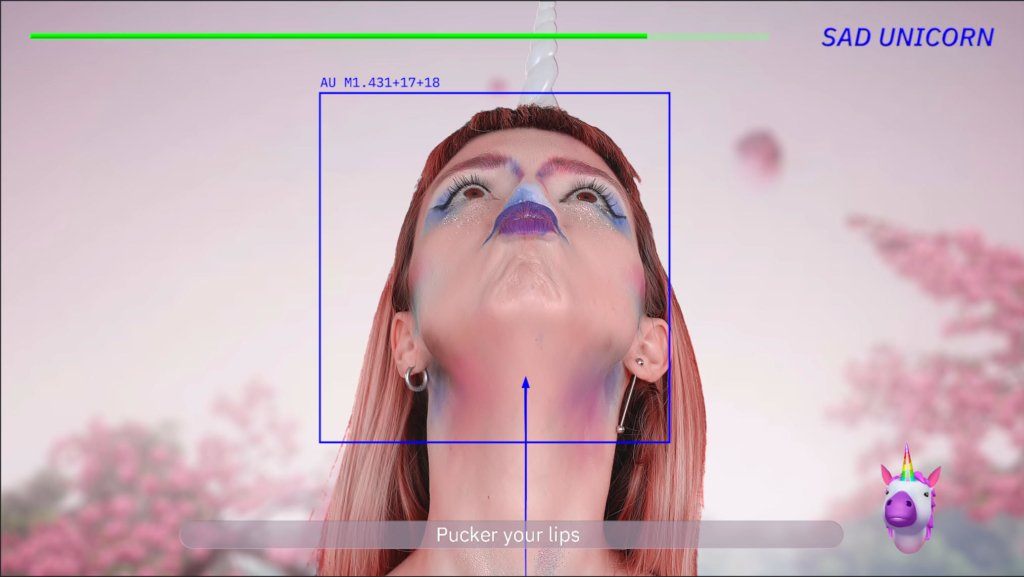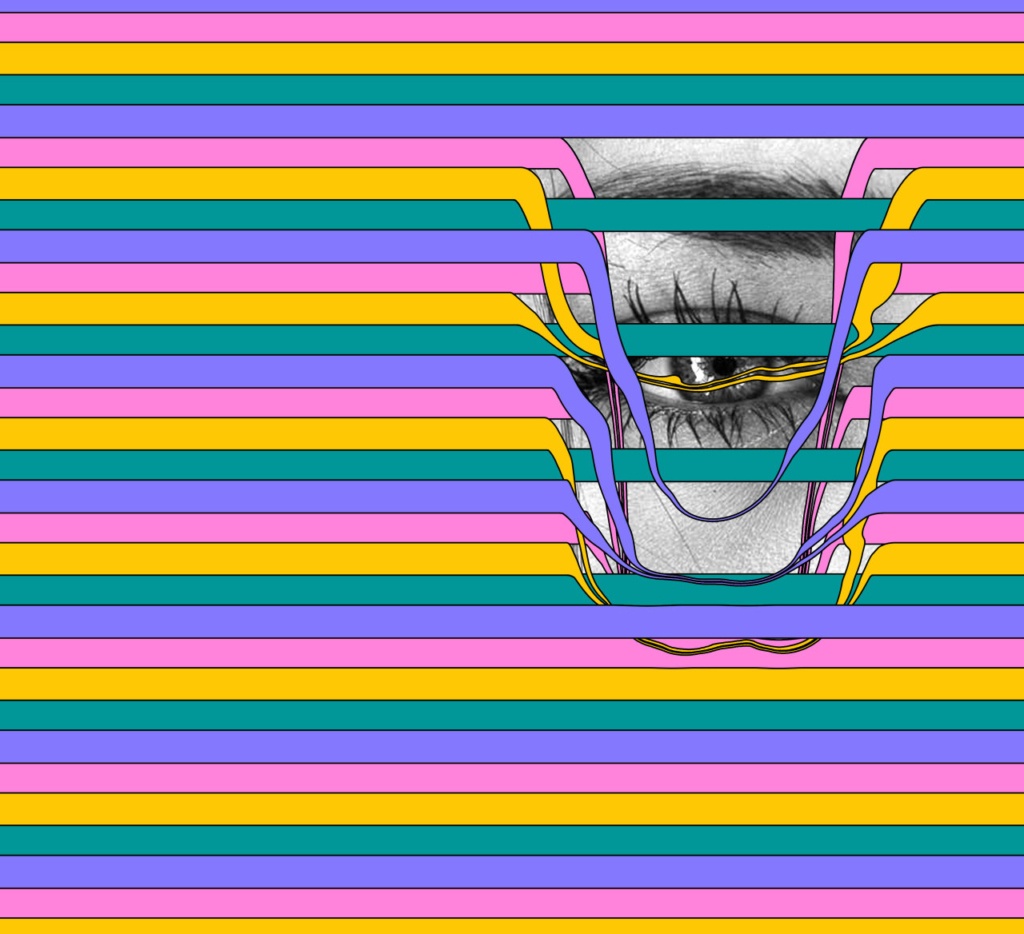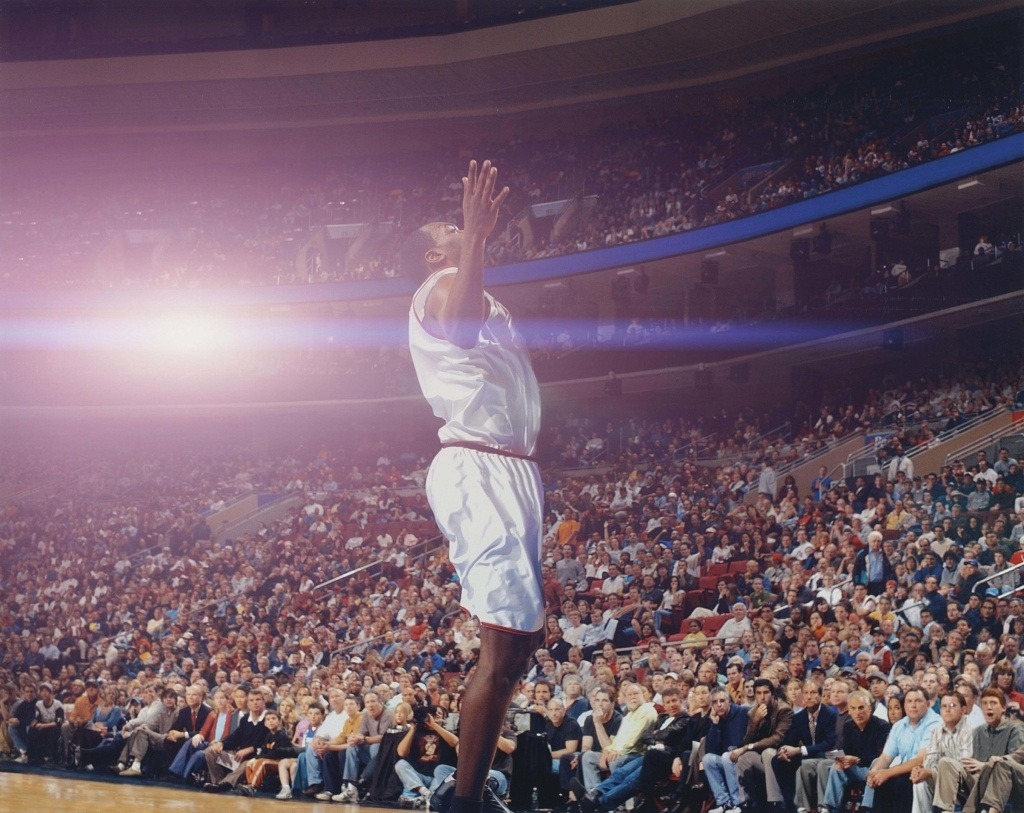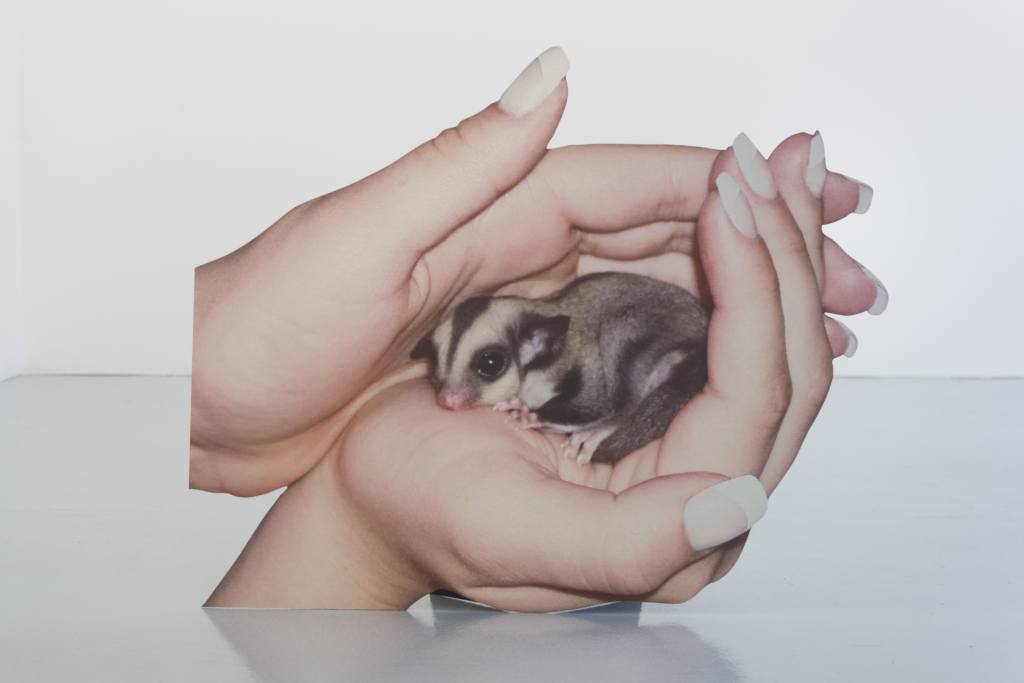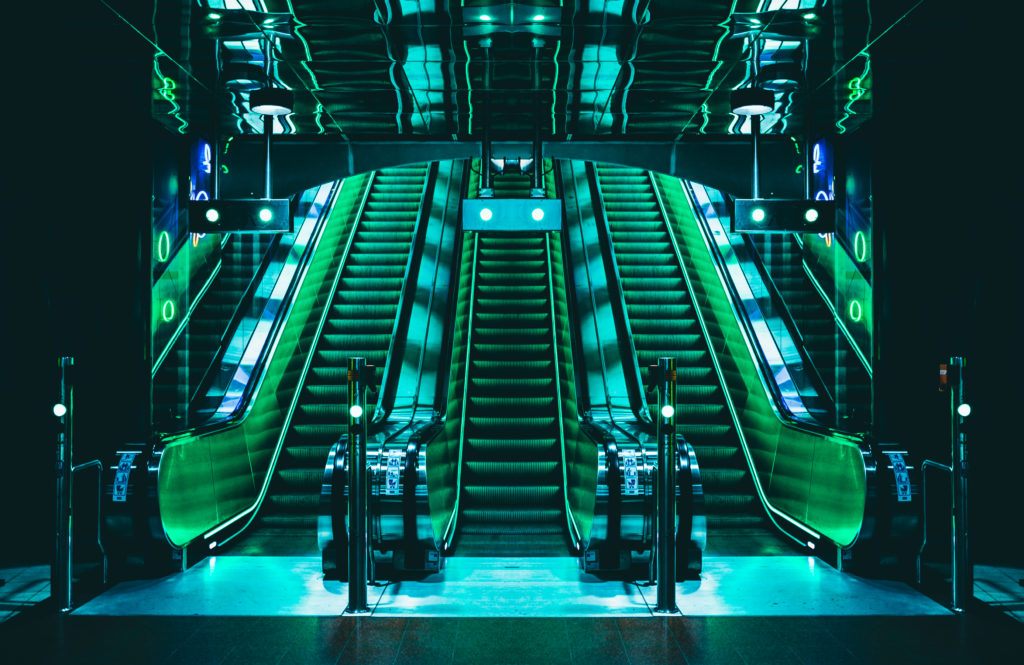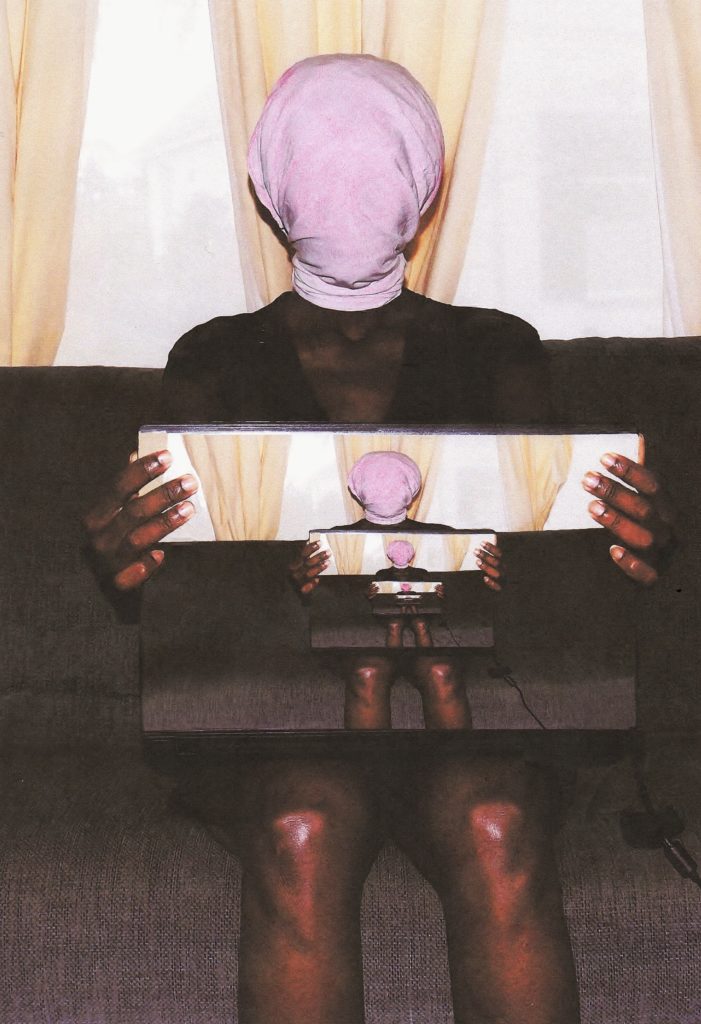Topics
Virality
What makes information popular
TikTok Face
On TikTok, users “emojify” their faces — abstracting facial expressions into blank, universal icons that nonetheless provide a hit of personality, and estranging the most basic and embodied mode of communication from the body
I Write the Songs
TikTok’s recommendation algorithm is heralded as the secret of the app’s success, but why do users want to be told what to watch? Algorithms that purport to predict who we are and what we want are “gimmicks,” in Sianne Ngai’s sense of the word: They let us enjoy our ambivalence over surrendering to them.
Contracirculation
The circulation of images of Black suffering and death in social media risks making them into a spectacle or a commodity, tokens of white guilt. But if these images can be used as currency, it is also possible to reverse this process, to contracirculate images so that the very fact of their ubiquity drives a broader demand for change.
Seeing Is Believing
“Fake followers” on Instagram are not a problem for users but for advertisers. Using something faked, edited, misleading, or out of context to attract attention is the point of being on the platform, which actively blurs aspirational fantasy with its achievement. Buying followers may ostensibly break the site’s rules, but it follows Instagram’s implicit logic to a tee.
Good Boys
Viral videos of animals capture the impossible and the impossibly rare. But the new techniques also encourage a kind of emotional projection. Infinite looping gifs, Instagram stories, and features like Boomerang work as a kind of synecdochal butchery, reducing an animal to an isolated constituent part or motion: That sudden wobbliness and narcoleptic bellyflop that reminds you you’re so very tired too.
End Notes
Mercy Markets
There is always hardship in the world, always a person in need of a leg up financially, but social media have collapsed these tragedies indiscriminately into our lives, forcing us to decide when and how to give on the basis of how well suffering has been packaged for our consumption.
Poor Meme, Rich Meme
Memes and Blackness are intertwined, and the meme’s tactical similarity to historical Black cultural forms makes them — predictably — vulnerable to appropriation and capture. But if memes reiterate the inequities between Black creators and white appropriators, can they also move us into a new collective Blackness?
